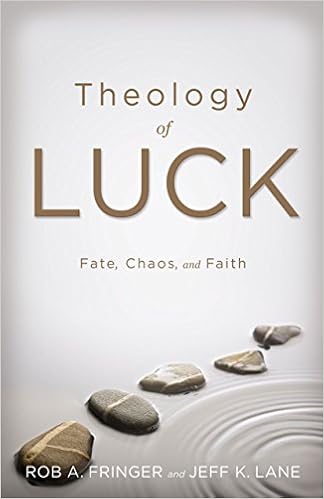
"Everything happens for a reason."
"It's all a part of God's plan."
"God is in control."
These maxims get tossed around in most churches like hand grenades masquerading as pearls of wisdom. At first glance, they seem appealing - even comforting. Surely, that is the reason they are most often offered; to bring comfort in times of grief and tragedy. They shimmer and sparkle with the very best of intentions in those times of pain and need, perhaps even offering what appears to be a certain kind of beauty so long as we don't think about their ramifications too long or too deeply. Indeed, these kinds of ideas have become so pervasive in many parts of American culture that they are not limited merely to those who identify as Christian but are often employed by those who would otherwise be unlikely to utilize religious vocabulary.
But when we do begin to ponder statements like these more deeply, their implications often show themselves to be explosively destructive and harmful - bringing more injury than healing. "If God is in control, then why does God allow so much injustice?" "If God's plan includes genocide, maybe we would do well to have a different plan." If everything happens for a reason, do my choices and the choices of others matter at all?" In Theology of Luck, Lane and Fringer help their audience to consider precisely these kinds of questions. By way of accessible and enlightening illustrations, they urge readers to reflect more deeply about what we are really saying when we say things like "Everything happens for a reason."
Most importantly, Fringer and Lane urge their readers to consider what statements like these say about God's own character and nature. In addition to attempting to offer comfort, statements like "God is in control" also serve to emphasize God's power and sovereignty. That is, it seems that for many Christians these statements are offered as a way of affirming God's greatness. Lane and Fringer, however, argue that they do just the opposite. When we make every atrocity in history a part of God's detailed and sovereign plan, we may very well succeed in painting God as powerful but we surely do so at the cost of God's loving character - the most fundamental aspect of God's nature.
Indeed, at its heart Theology of Luck is a theology of love. It argues repeatedly that the most important thing we can say about God is that God is love. All other statements about God - even those concerning God's power, sovereignty, and perfection - must be measured against the statement that God is love. By urging their readers to consider that not every single incident in life is a part of God's pre-scripted plan, that some things are simply what one might refer to as luck, Fringer and Lane are simultaneously urging their readers to give love the primary place in one's theology and thereby in one's own life as well.
No comments:
Post a Comment